Few innovations have had as significant an impact on popular culture and daily life as the automobile. Throughout history, certain cars have become synonymous with their brands, elevating them to iconic status. Here are ten cars that have defined and propelled their brands to new heights.
Ford Model T

The Ford Model T revolutionized the automotive industry and is often credited with putting America on wheels. Introduced in 1908, it was the first car to be mass-produced on an assembly line, making it affordable for the average consumer. This breakthrough in manufacturing not only boosted Ford’s reputation but also set the standard for car production worldwide.
The Model T’s impact on society was profound, ushering in an era of personal transportation and mobility. Its success solidified Ford as a household name, and its influence can still be felt in modern car manufacturing processes today.
Volkswagen Beetle

The Volkswagen Beetle is more than just a car; it’s an icon of automotive design. Launched in the late 1930s, the Beetle became a symbol of reliability and affordability. Its distinctive, rounded shape and rear-engine layout set it apart from other vehicles of its time.
Throughout the decades, the Beetle captured the hearts of millions around the world, helping Volkswagen establish itself as one of the leading car manufacturers. The car’s long production run and global appeal underscore its importance in automotive history.
Chevrolet Corvette
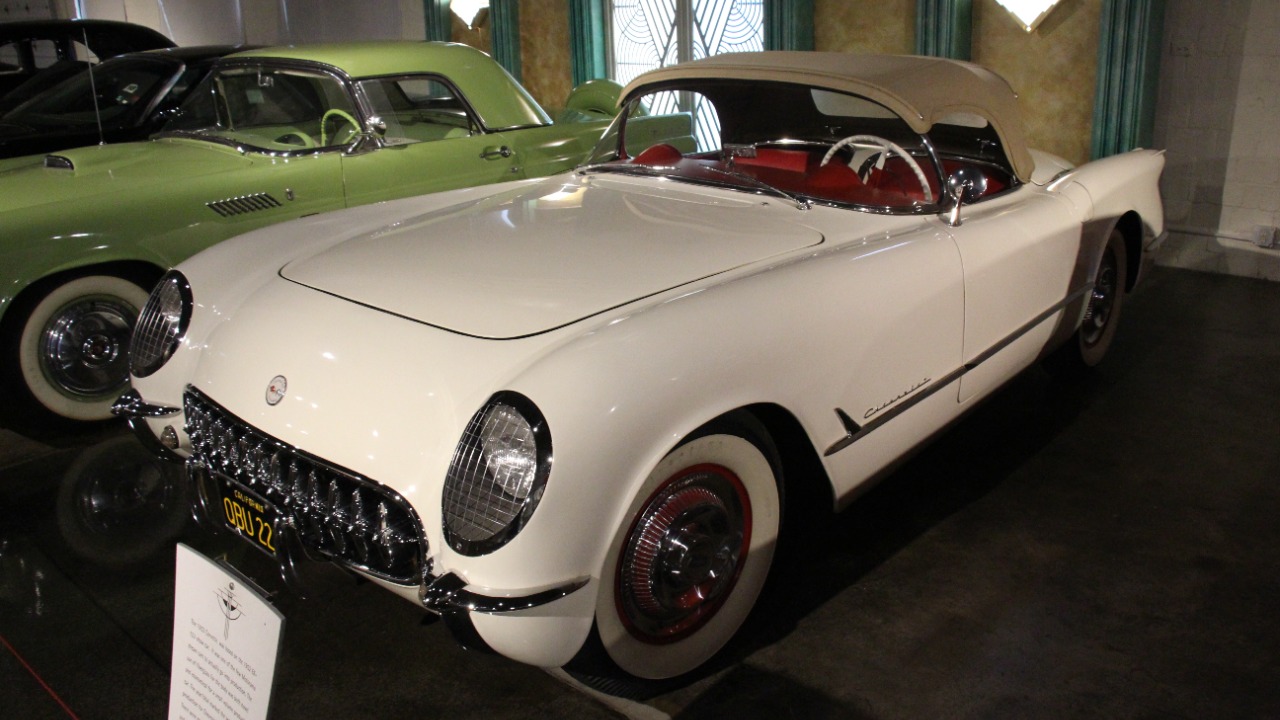
The Chevrolet Corvette is synonymous with American sports cars. First introduced in 1953, the Corvette quickly became a symbol of performance and innovation. With its sleek design and powerful engine options, it captured the imagination of car enthusiasts worldwide.
Over the years, the Corvette has evolved through various generations, consistently pushing the boundaries of speed and style. Its status as “America’s Sports Car” has cemented Chevrolet’s position as a leader in the automotive industry.
Porsche 911

The Porsche 911 is a masterpiece of engineering and design. Debuting in 1964, it has become one of the most recognizable sports cars in the world. Known for its iconic silhouette and rear-engine layout, the 911 combines performance with everyday usability.
Porsche’s commitment to continuous improvement has allowed the 911 to remain a benchmark for sports cars. Its enduring popularity and success on the racetrack have made it a key part of Porsche’s identity.
Ferrari 250 GTO
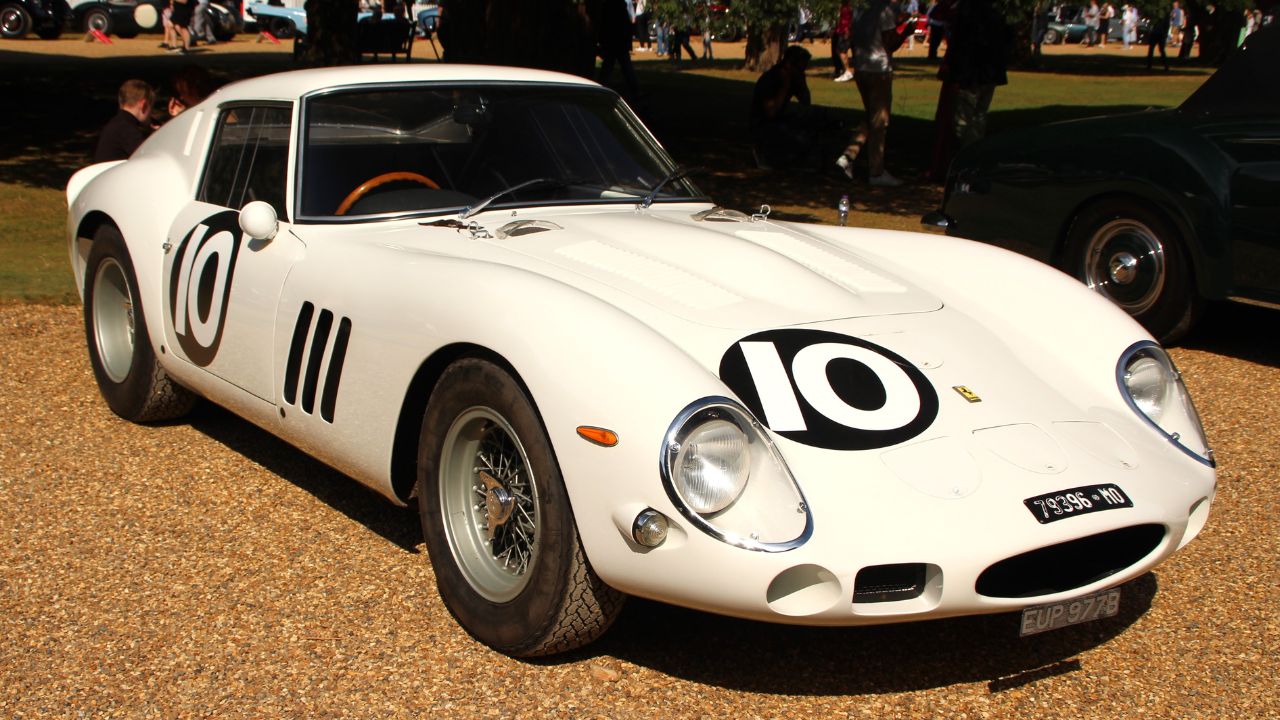
The Ferrari 250 GTO is a legend in the automotive world, revered for its stunning design and racing pedigree. Produced between 1962 and 1964, only 36 units were made, making it one of the most exclusive cars ever built.
The 250 GTO’s success on the race track helped establish Ferrari as a dominant force in motorsport. Its legacy continues to influence Ferrari’s design philosophy and brand image to this day.
Lamborghini Miura
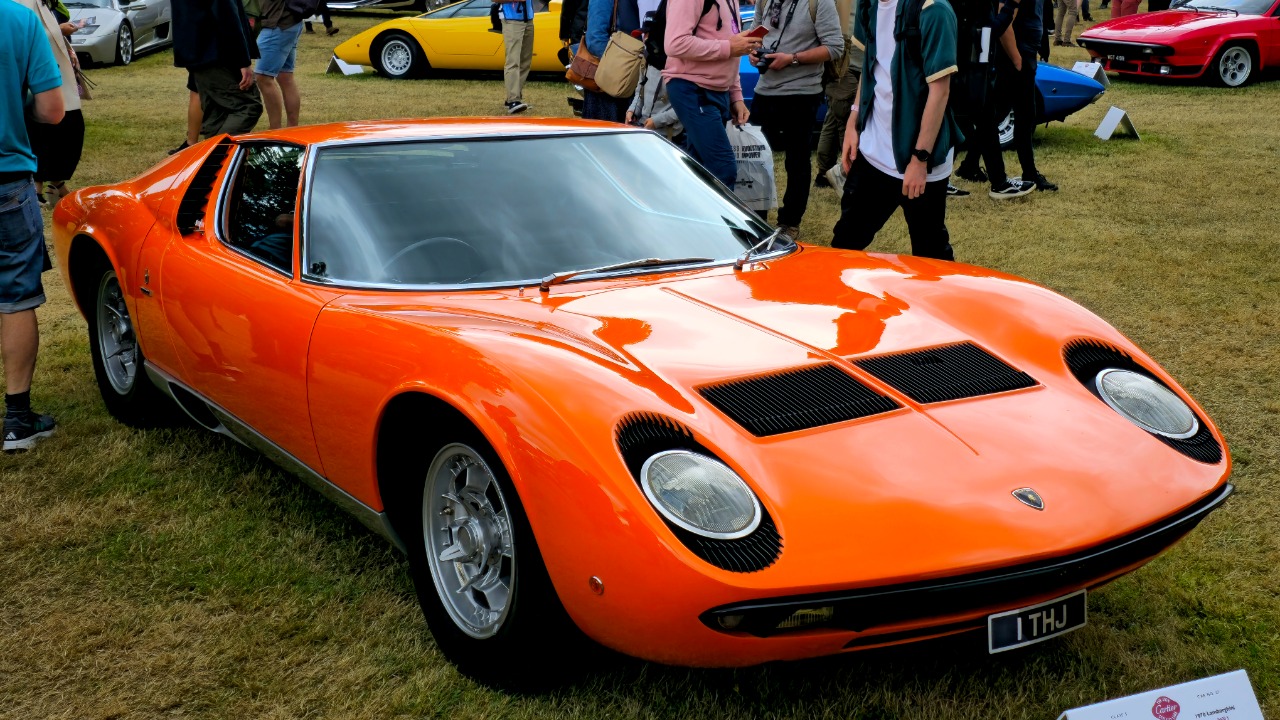
Introduced in 1966, the Lamborghini Miura is often credited with being the world’s first supercar. Its mid-engine layout and striking design set a new standard for high-performance vehicles.
The Miura’s bold approach to car design helped Lamborghini establish itself as a leader in the luxury sports car market, challenging the dominance of other brands like Ferrari. Its influence can still be seen in Lamborghini’s modern lineup.
Mini Cooper

The Mini Cooper, originally launched in 1959, became a symbol of British automotive ingenuity. Its compact size and innovative front-wheel-drive layout made it an instant hit, especially in crowded urban environments.
Over the years, the Mini Cooper has maintained its charm and appeal, continuing to attract a loyal following. Its success has solidified Mini as a cultural icon and a staple in the automotive world.
Toyota Corolla

The Toyota Corolla is one of the best-selling cars of all time, known for its reliability, efficiency, and affordability. Since its debut in 1966, the Corolla has evolved through multiple generations, adapting to changing consumer needs and technological advancements.
The Corolla’s global popularity has helped Toyota build a reputation for producing dependable and practical vehicles. Its success has played a crucial role in Toyota’s rise to become one of the world’s leading car manufacturers.
Honda Civic

Since its introduction in 1972, the Honda Civic has been a symbol of practicality and reliability. Over the years, it has consistently delivered fuel efficiency, affordability, and a fun driving experience.
The Civic’s ability to adapt to consumer demands and environmental standards has made it a cornerstone of Honda’s lineup. Its enduring popularity reflects Honda’s commitment to innovation and quality.
Tesla Model S

The Tesla Model S revolutionized the electric vehicle market when it was introduced in 2012. With its impressive range, cutting-edge technology, and high performance, it shattered the perception that electric cars were merely eco-friendly alternatives.
The Model S has played a pivotal role in Tesla’s rise as a major player in the automotive industry. Its success has sparked a shift towards electric vehicles, influencing other manufacturers to invest in sustainable transportation solutions.
Like Fast Lane Only’s content? Be sure to follow us.
Here’s more from us:
*Created with AI assistance and editor review.

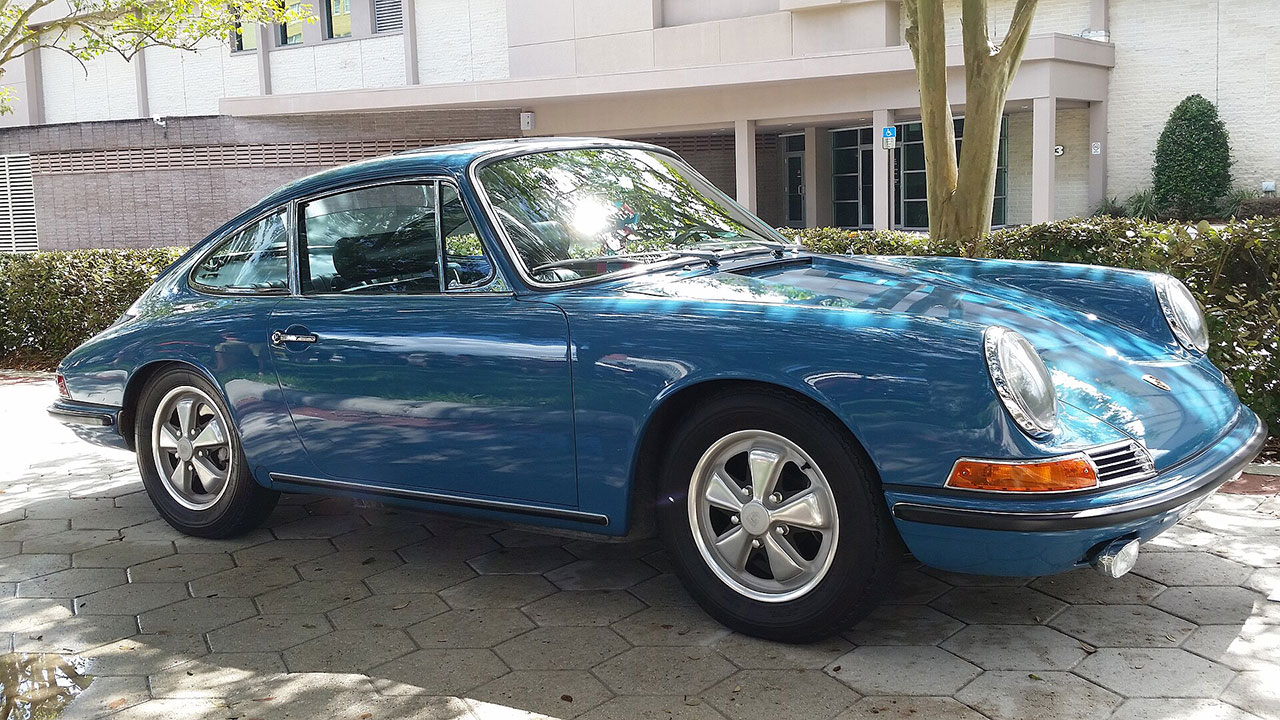
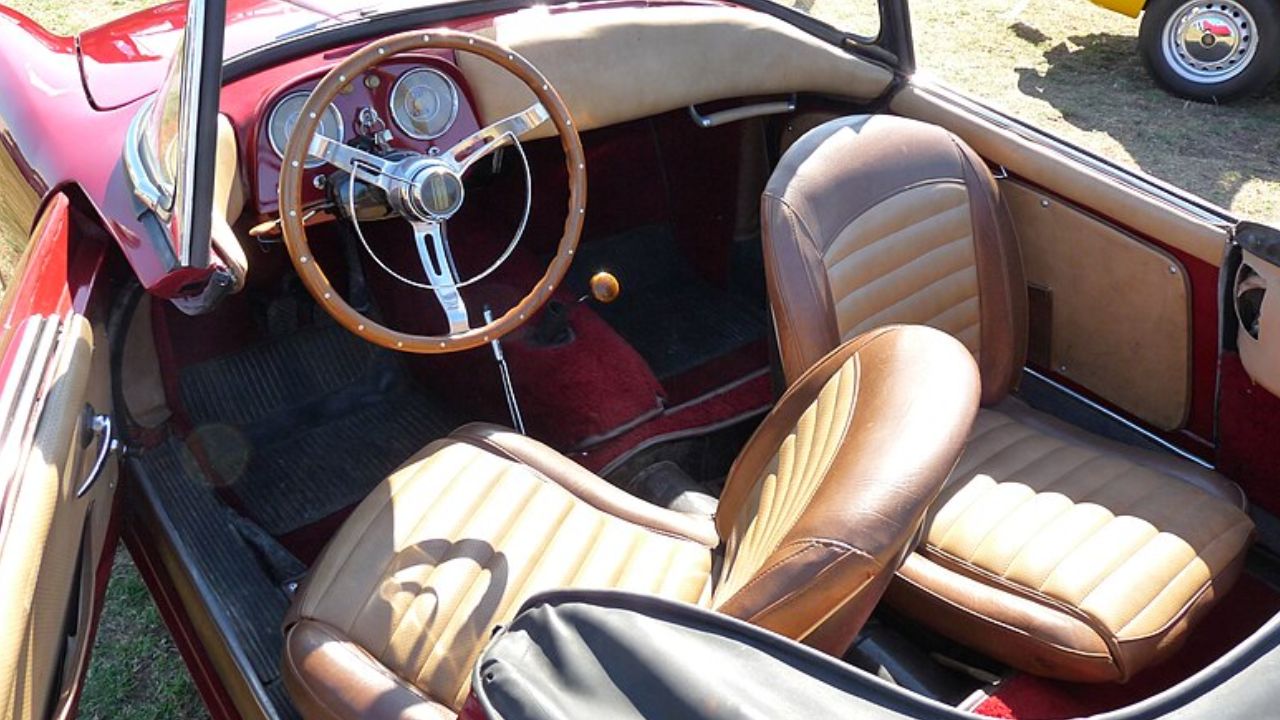
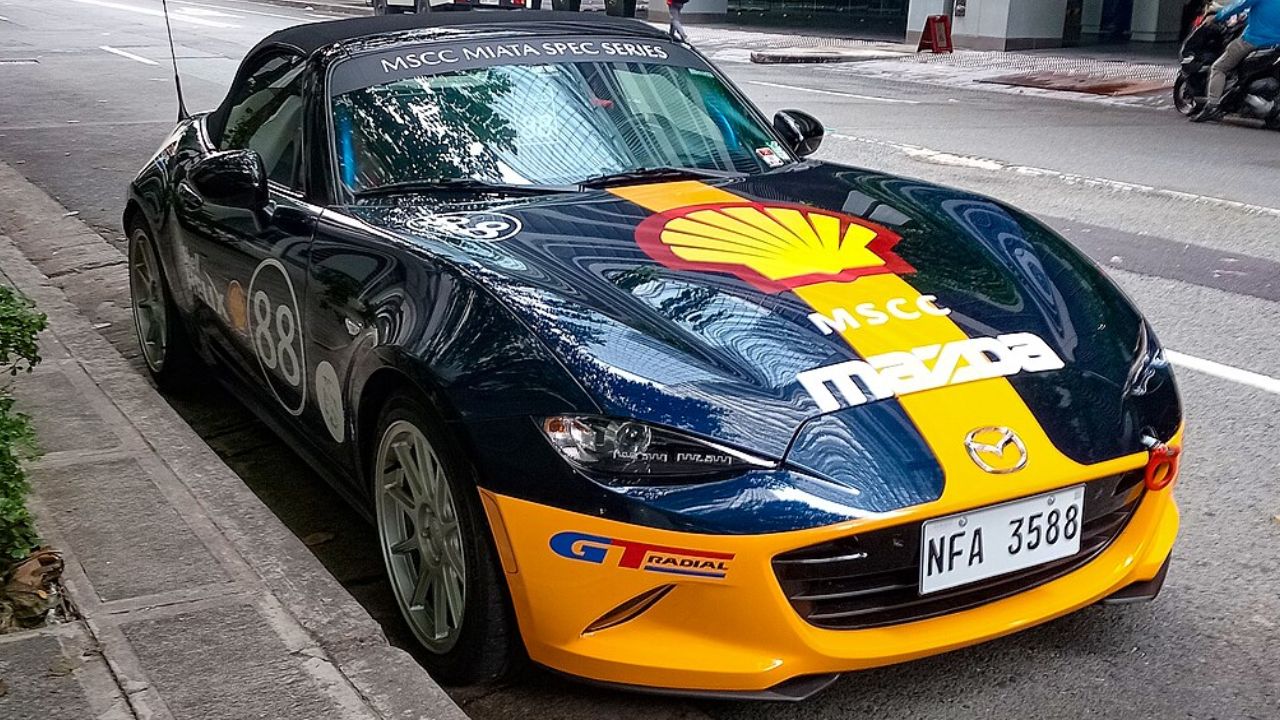
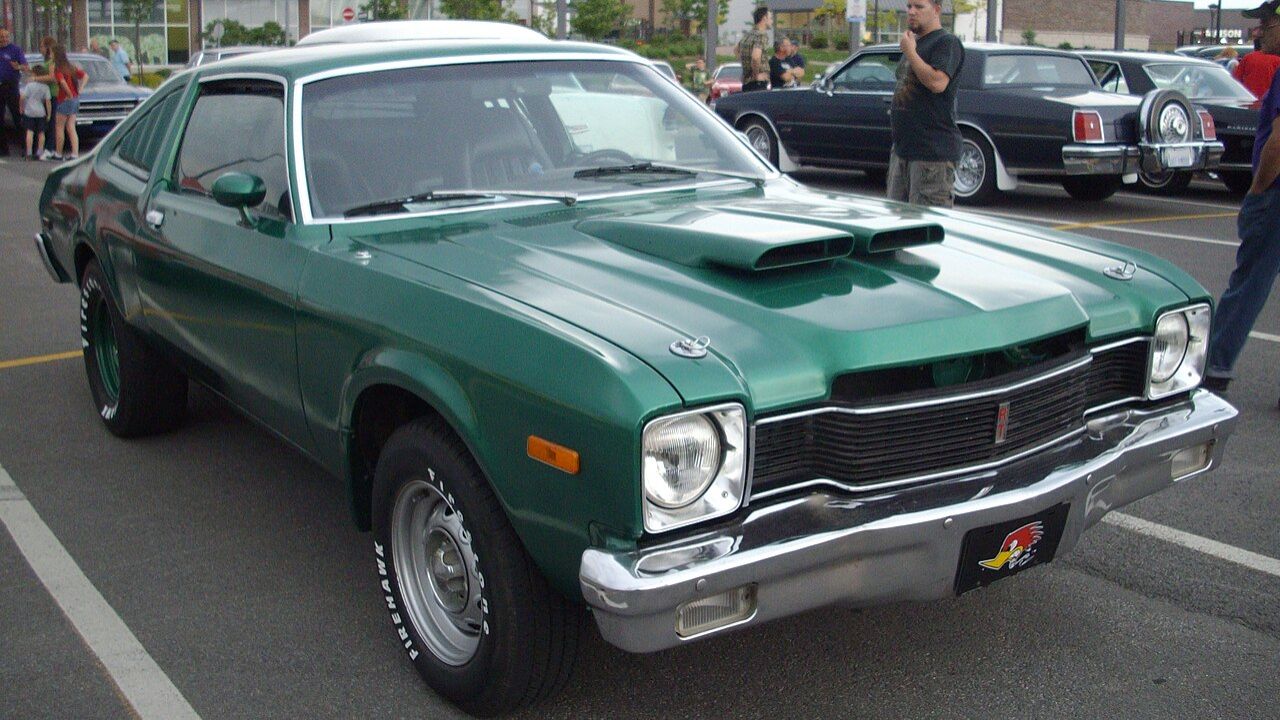
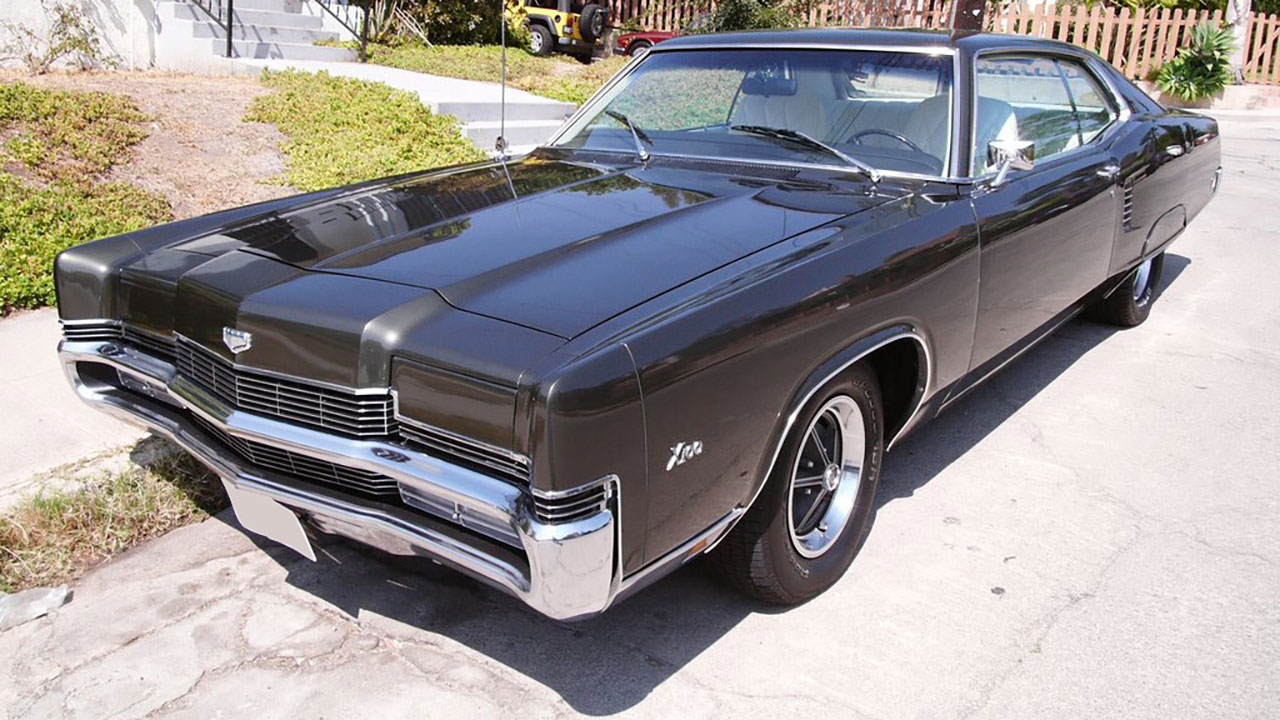
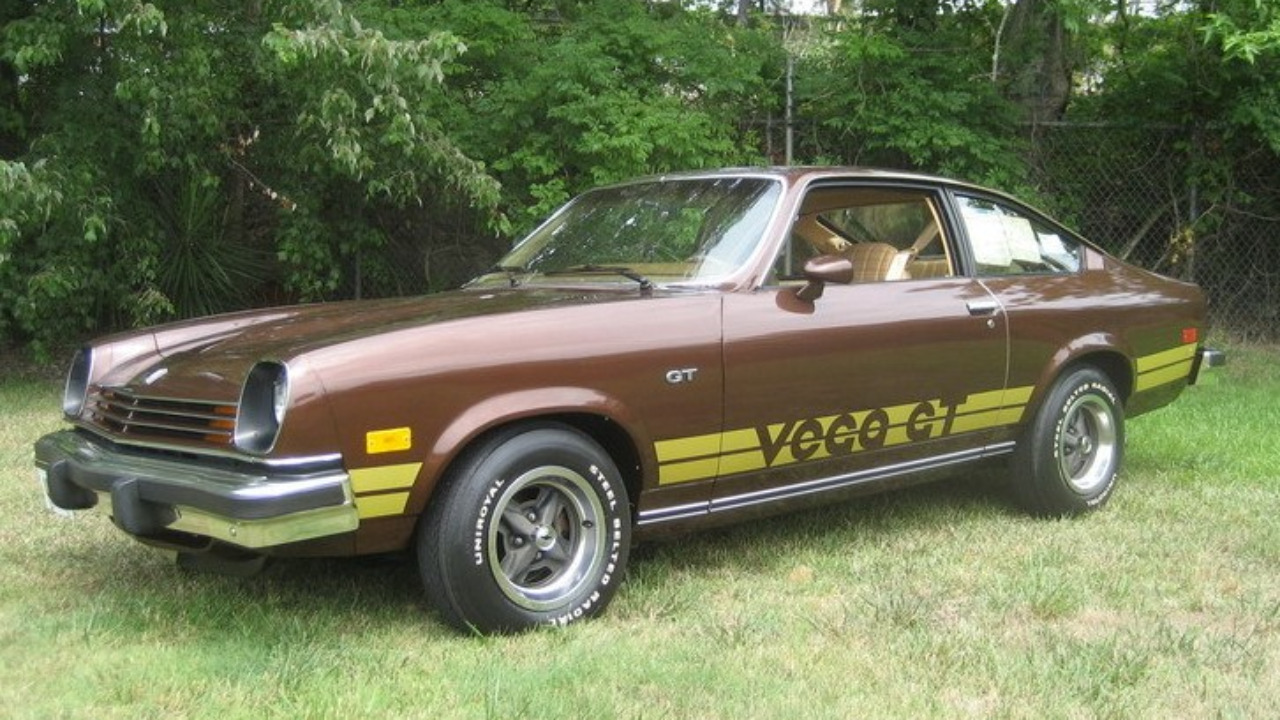
Leave a Reply